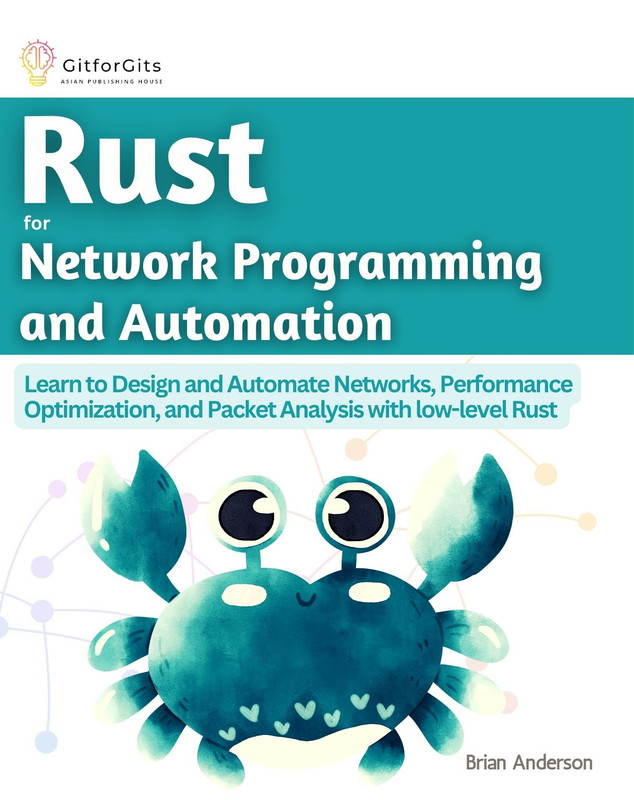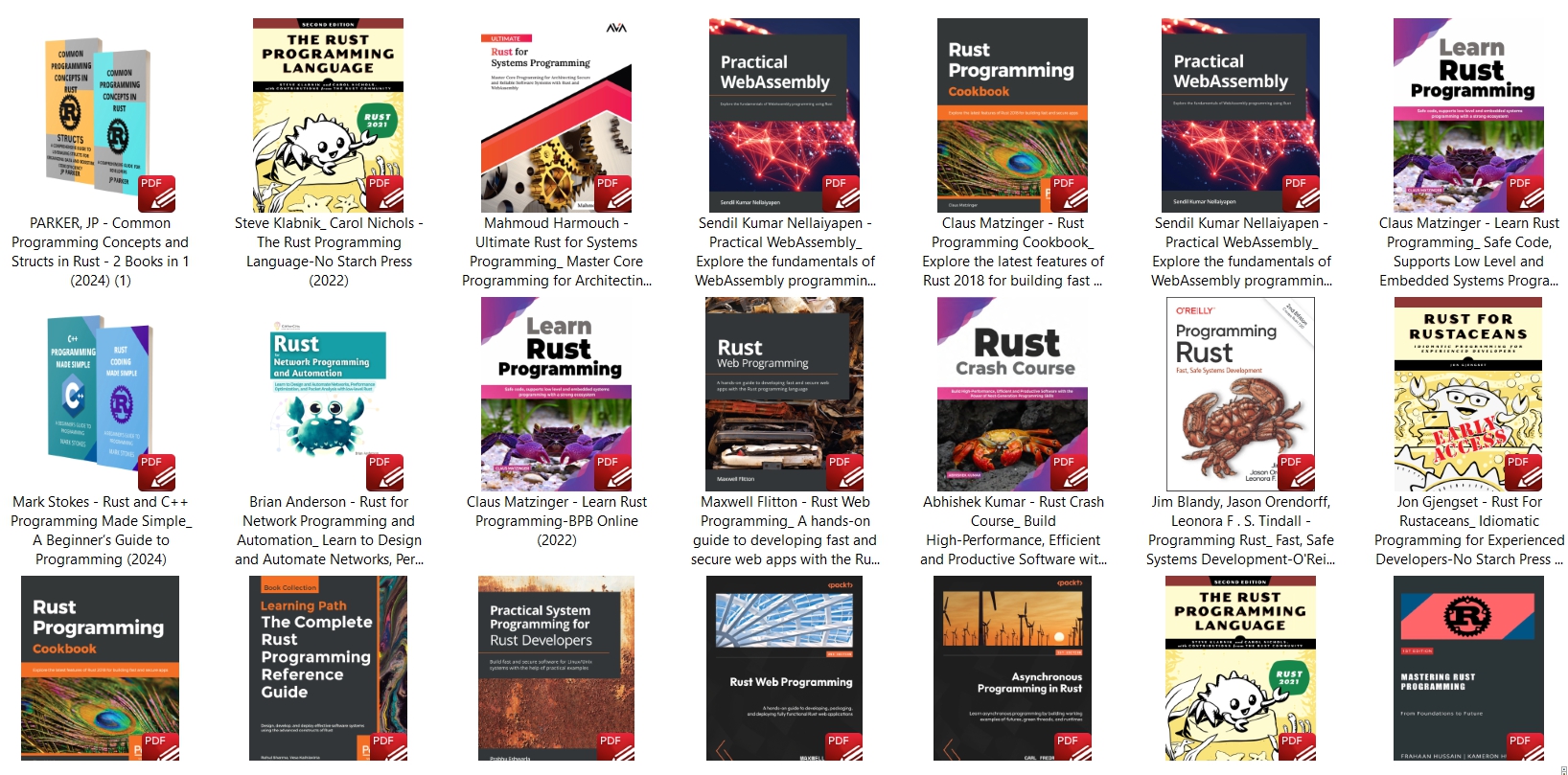Ultimate Rust for Systems Programming Guide
Rust for Systems Programming Guide
Rust for Systems Programming Guide is an in-depth course designed to teach developers how to leverage Rust in systems programming. Through this course, you’ll learn how to utilize Rust’s powerful memory safety features and its efficient performance characteristics, all while focusing on low-level system design and development.
Introduction
This course serves as an introduction to systems programming with the Rust programming language. Rust’s strong memory safety and concurrency features make it an ideal choice for building low-level systems like operating systems, network protocols, and embedded systems. In this course, we will cover everything from the basics of Rust syntax to advanced concepts such as ownership, borrowing, and working with system-level resources like memory and hardware. By the end, you will be equipped to write robust, efficient systems-level applications with Rust.
What You’ll Learn
- Understanding Rust’s memory safety features and ownership model.
- How to use Rust for systems-level programming, including memory management and concurrency.
- Building efficient and reliable low-level systems with Rust.
- Debugging and optimizing Rust applications for performance.
- Working with external libraries and interacting with low-level system resources.
Requirements
- Basic knowledge of programming concepts (preferably in C or another systems language).
- Familiarity with command-line tools and version control systems like Git.
- A working environment set up for Rust development (Rust installation instructions will be provided).
Detailed Course Description
This course will guide you through the key principles of systems programming with Rust. You will begin by learning the Rust language fundamentals, including syntax, control structures, and data types. The focus will then shift to Rust’s unique memory model, explaining ownership, borrowing, and lifetimes—concepts crucial for building efficient and safe system-level applications. As the course progresses, we will dive deeper into Rust’s concurrency model and tools for managing threads, as well as explore practical techniques for interacting with hardware and managing system resources.
In addition to theory, this course includes hands-on coding exercises where you will write Rust applications from scratch. You’ll apply your knowledge to build low-level software like file systems, network clients, and embedded programs. By the end of the course, you will have a deep understanding of how to use Rust to develop high-performance, reliable systems software.
Who is This Course For?
This course is ideal for developers interested in learning Rust for systems programming. If you have experience with languages like C or C++ and want to explore Rust’s advantages for building low-level, high-performance software, this course is for you. It is also suitable for software engineers looking to broaden their skill set by diving into systems programming or switching from a traditional systems language to Rust.








